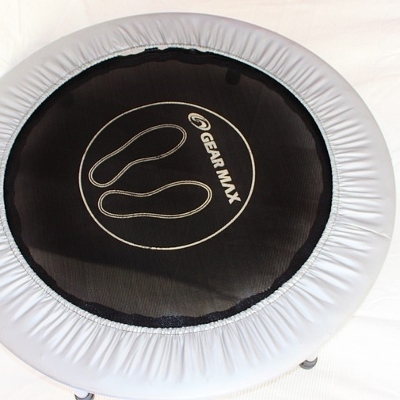 The same commitment you bring to strength training sessions should also be carried into the recovery period that follows. Most of the time, people forget that physical exertion causes “injury†to muscles. Accordingly, muscles that have healed adequately from injury are stronger and last longer, i.e., you gain strength and endurance.
The same commitment you bring to strength training sessions should also be carried into the recovery period that follows. Most of the time, people forget that physical exertion causes “injury†to muscles. Accordingly, muscles that have healed adequately from injury are stronger and last longer, i.e., you gain strength and endurance.
Thus, recovery after strength training is important, but most of us, myself included, tend to neglect this aspect. In fact, post-strength training recovery is easy, but as with almost everything else in life, requires persistence to ensure success.
One of the first things you should do following a strength training session is to consume protein. My brother swears by his post-weights protein shake, but you can easily provide the protein your body needs with a scrambled egg or two. If you’re averse to animal protein or protein in powdered form, tempeh or other legume products are always an alternative. Similarly to how you should have breakfast within two hours of waking up, protein should be ingested soon after strength training.
Keeping hydrated is another key to recovering after strength training. Aside from being an obvious means of staving off dehydration, water is a “conductor†that enables electrolyte exchange to take place in the body, i.e., it facilitates nerve impulse conduction and muscle contraction. Additionally, adequate consumption of water ensures that any weight you lose is from the loss of fat, not water.
Adequate rest is also a component of recovery after a strength training session. It doesn’t mean zoning out on the couch in front of the TV or surfing the Internet mindlessly (although many of us have certainly been guilty of that). Rather, rest means not throwing yourself headlong into more exertion, such as another set of strength training exercises, or a jog around the block.
Theoretically, strength training would have worked your muscles to their limit, and any exertion that comes after that is likely to be injurious instead of beneficial. Thus, giving yourself time to do nothing is how you recover from strength training. Sleep is an important facet of the rest and recovery period, so don’t skimp on the recommended eight hours!





